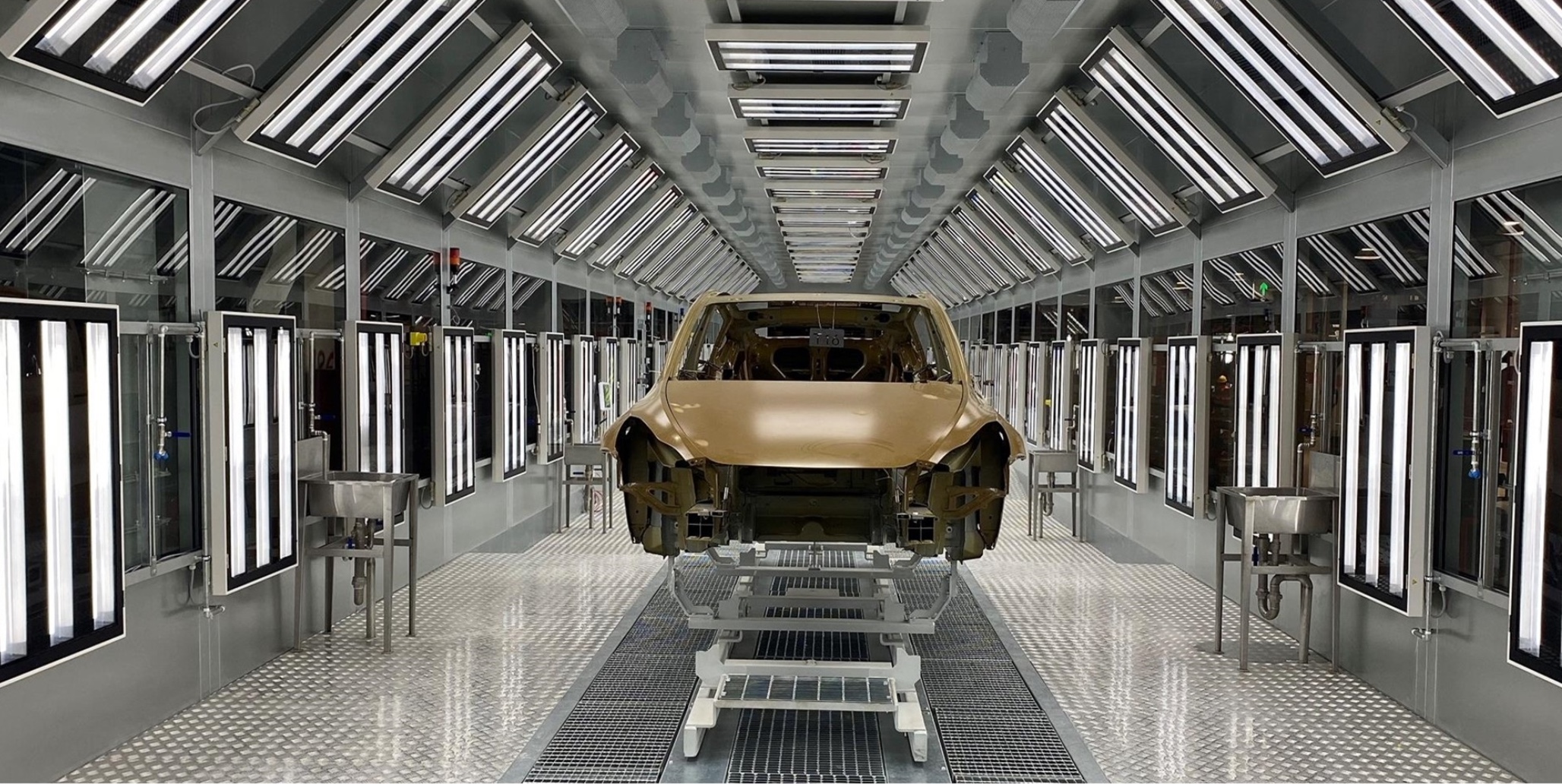Elon Musk, BYD Deny Reported Battery Split

Elon Musk and BYD deny report that Tesla will stop using batteries from Chinese giant, as companies continue fierce China price war
Elon Musk and Chinese battery and carmaker BYD have denied a report that Tesla would stop using batteries made by BYD in its vehicles.
The Korean Economic Daily said in a Sunday report that Tesla did not request additional supplies of batteries from BYD at the beginning of 2023 upon the expiration of an existing agreement for batteries for certain Tesla Model 3 cars.
“That media report is false. Relations between Tesla and BYD are positive,” said Telsa chief executive Musk in a tweet on Tuesday.
BYD said in a statement the report “is not in line with the actual situation”.

EV price war
BYD executive vice president Lian Yubo told Chinese state-owned broadcaster CGTN last June that BYD was preparing to supply batteries to Tesla “very soon”, Reuters reported. Neither company has publicly disclosed any deal since then.
In addition to working together BYD and Tesla are also fierce competitors in China’s electric car market, where they initiated a price war late last year that has seen high-profile conventional carmakers such as BMW, Mercedes-Benz and Citroen take part.
The price cuts have led to a slump in BYD’s shares in Hong Kong and Shenzhen of 11 percent and 7.8 percent respectively over the past week.
The company’s US-listed shares have dropped 14 percent since the beginning of February, a decline of $18 billion (£15bn).
That media report is false. Relations between Tesla and BYD are positive.
— Elon Musk (@elonmusk) March 14, 2023
Economic recovery
Similar declines hit the shares of Chinese carmakers including SAIC, Li Auto, Nio and Xpeng as investors saw the price cuts as a sign of weak consumer confidence.
Sales of passenger cars fell 15 percent in the first two months of this year compared to a year earlier, according to the China Association of Automobile Manufacturers (CAAM).
But the decline follows a surge in EV sales last year, with 6.9 million sold, double the number in 2021, as consumers rushed to take advantage of tax breaks and subsidies.